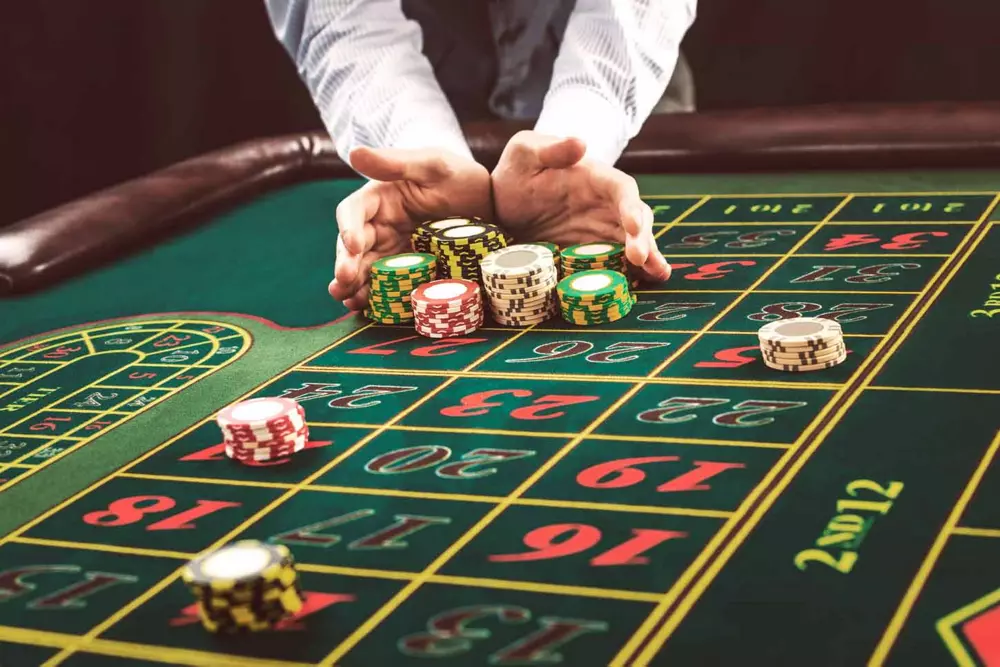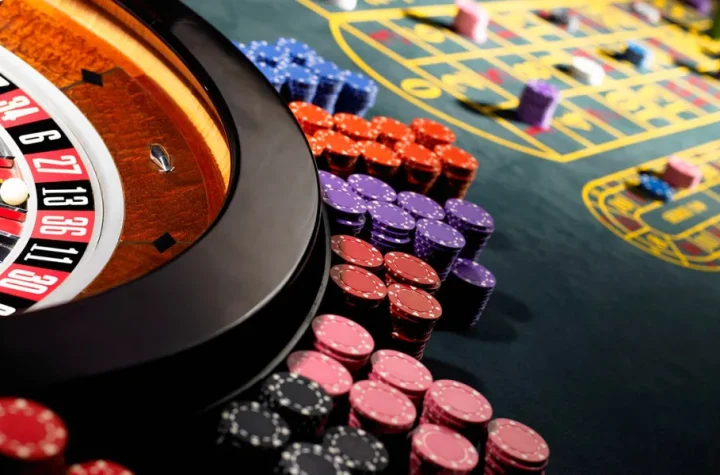
Digital gaming systems rely on complex mathematical formulas that determine every aspect of player experiences. These formulas control everything from symbol appearance frequency to payout calculations, creating distinctive gaming sessions for each player. The underlying technology works invisibly to produce results that feel random yet follow predefined patterns and probabilities.
Return to player percentages explained
Game designers build mathematical models around target return rates, typically 92-97%. This percentage indicates the theoretical amount returned to players over millions of spins. A 96% return rate means that for every $100 wagered across all players, approximately $96 returns as winnings. The remaining percentage represents the house edge that ensures operational sustainability.
Hit frequency and its effects
Hit frequency determines how often winning combinations appear. Games may feature:
- Low hit frequency – fewer wins but larger payouts
- High hit frequency – frequent wins but smaller amounts
This mathematical element significantly shapes player satisfaction, as some prefer the excitement of occasional big wins while others enjoy steady, smaller payouts that extend gameplay time.
Bonus trigger mechanisms
Online slot users enjoy an optimized experience as the suksesbarengan platform applies carefully structured probabilities to activate unique features. These triggers balance excitement against economic viability, ensuring bonus rounds appear frequently enough to maintain interest but rarely sufficient to preserve profitability. The mathematics behind these triggers often uses separate probability tables from standard gameplay.
Progressive jackpot systems
Networked jackpot systems allocate small percentages from each wager toward growing prize pools. The algorithms determine both contribution rates and winning probabilities. More prominent progressives typically feature extremely low hit probabilities, sometimes exceeding one in several million spins, explaining their massive growth potential before being awarded.
Game math models and entertainment value
Beyond simple probability calculations, sophisticated mathematical models aim to create engaging gameplay rhythms. These patterns include near-miss scenarios, excitement peaks, and carefully timed payouts that maintain player interest. The psychology of anticipation gets woven directly into the mathematical foundation of these gaming systems.
Testing and certification processes
Regulatory bodies require thorough testing of random number generators and payout algorithms before approving games for public access. Independent testing laboratories verify that outcomes match advertised probabilities through millions of simulated spins. This certification ensures that algorithmic implementations remain fair despite their inherent house advantage.
Online slot mechanics undergo rigorous examination by technical specialists who verify code integrity and statistical performance. This process guarantees that mathematical models function as designed without manipulation or deviation over time.
Personalization elements
Modern systems increasingly incorporate adaptive elements that respond to player behaviour patterns. These systems might adjust bonus frequency or game recommendations based on playing style, creating semi-personalized experiences while maintaining core mathematical principles. This balance between fixed probabilities and adaptable elements represents the cutting edge of game design.
Industry standards increasingly favour greater disclosure of key mathematical properties. Many jurisdictions now require publishing return percentages, and some developers voluntarily disclose volatility ratings. This transparency helps players make more informed choices about which games match their preferences. Whether seeking extended playtime with frequent small wins or chasing the thrill of occasional large pay-outs, the underlying algorithms determine these experiences.




More Stories
What determines online slot symbol weight distributions?
What happens to balances after each tether slot spin?
How does playing position affect comfort in mobile online slot games?